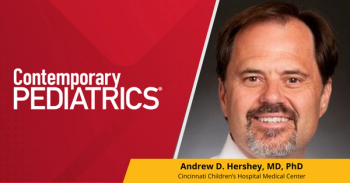
You may know professionalism when you see it, but describing it is important
Regulatory bodies have demanded more rigorous assessment of medical providers.
There may have been a time when quality, like beauty, was in the eye of the beholder. If so, that time has passed. We are, increasingly, being required to measure outcomes in our patients, evaluate performance, and assess competence. Our tools for taking these measurements may not be as precise or as meaningful as we would like but, as opportunities for improved health and the resources expended for medical care increase, it isn't surprising that regulatory bodies and the public they represent have demanded more rigorous assessment of medical providers.
Measurement of outcomes may be a relatively new mandate in medicine, but standards for professional conduct are not. As described in Dr. Garrick Applebee's article in this issue, guidelines for professionalism among physicians began at least 2,560 years ago with Hippocrates and his oath. Those guidelines evolved through the centuries, but requirements to measure and document professionalism likely have never been as significant as they are now.
Today, professional conduct is assessed in the United States by state medical boards in the licensing process, by medical specialty boards in their maintenance of certification programs, and in hospital credentialing procedures. Peer and patient evaluation are, more and more, used to guarantee to those organizations that the physicians they license, certify, or accept as staff members are meeting public expectations for professional conduct. And residents in training are now explicitly assessed by nurses, patients, medical students, and faculty on how well they fulfill their professional responsibilities-including compassionate care, ethical conduct, respect for patients and colleagues, and commitment to development of knowledge and competent care skills.
Newsletter
Access practical, evidence-based guidance to support better care for our youngest patients. Join our email list for the latest clinical updates.








